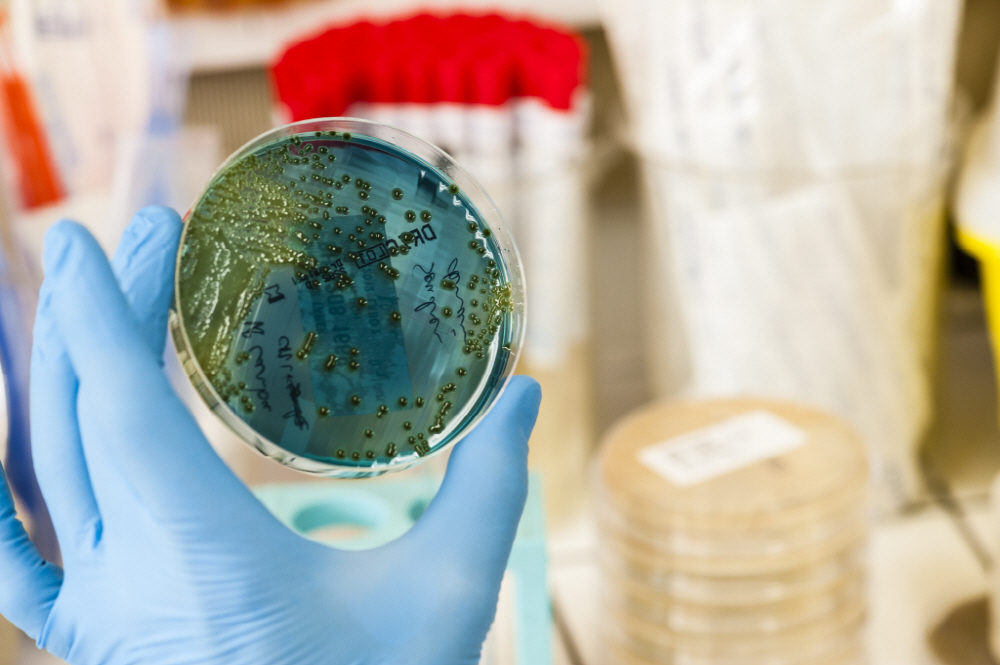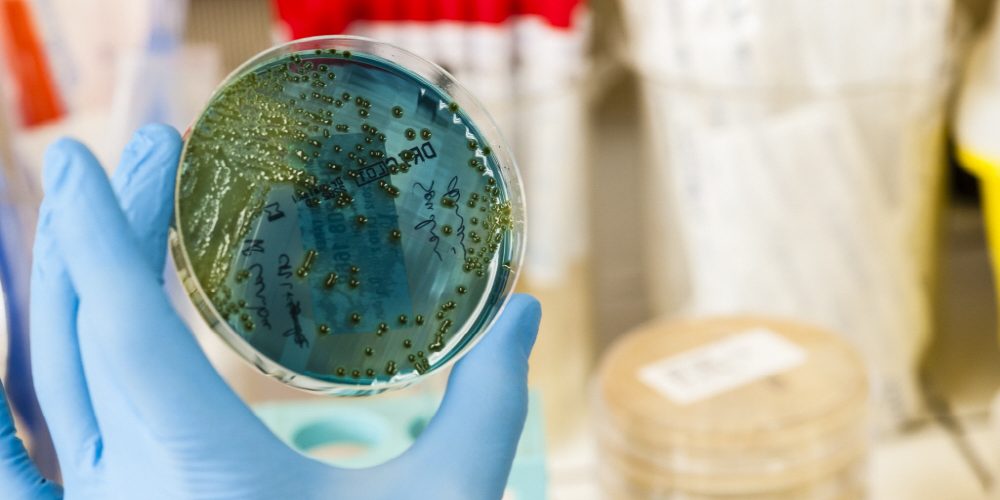
Antibiotics, which began development after the discovery of penicillin in 1928, have greatly advanced modern medicine. However, in recent years, antibiotic-resistant superbugs are born, and numerous medical researchers are looking for ways to fight them. Among these, a research team at the University of Rennes 1 in France announced that it has developed a compound that is effective against bacteria resistant to numerous antibiotics and that bacteria cannot acquire new resistance.
In fact, several new antibiotics on the market are also derived from existing antibiotics, so it is only a matter of time before the bacteria acquire resistance. Therefore, the development of a new type of antibiotic is very important. In 2011, the research team discovered that toxins produced by Staphylococcus aureus, which cause infections such as food poisoning and pneumonia, have the function of killing other bacteria. Researchers working on the action of Staphylococcus aureus identified molecules with two properties: toxicity and the role of antibiotics.
The research team challenged this task, thinking that it could make a new non-toxic antibiotic by separating the toxicity and antibiotic properties of the molecule made by Staphylococcus aureus. As a result, 20 kinds of synthetic compounds were created that mimic the natural peptides of bacteria and eliminate toxicity while leaving the properties of antibiotics.
As a result of an experiment using rats, two out of 20 compounds were proven to be effective against antibiotic-resistant Staphylococcus aureus and Pseudomonas aeruginosa. In addition, the two newly developed compounds showed no toxicity to animal and human cells, and no toxicity was observed even when administered 10 to 50 times the required amount.
Notably, exposure to the developed compound for several days in the animal’s body showed no signs of gaining resistance to the compound. It is said that even if an environment favorable for acquiring resistance was created in vitro or in vivo, bacteria did not acquire resistance to compounds.
In this study, it is worth noting that the experiment period was a maximum of 15 days and was a relatively short period. However, the new compound has the potential to be a promising candidate for a superbug-free type antibiotic. Related information can be found here .


















Add comment